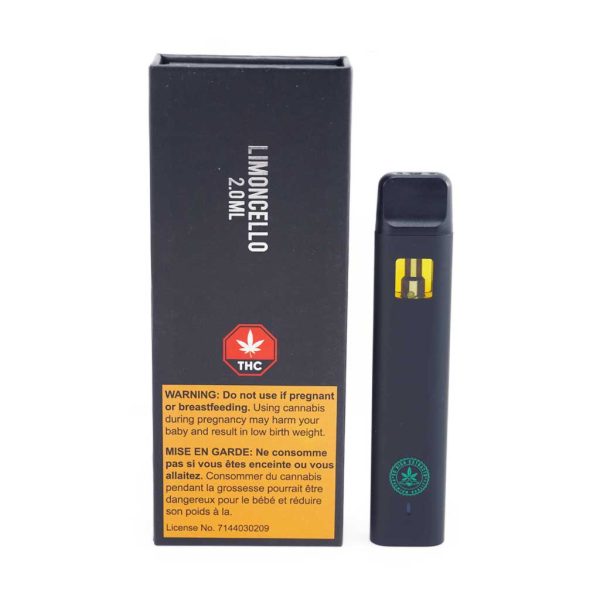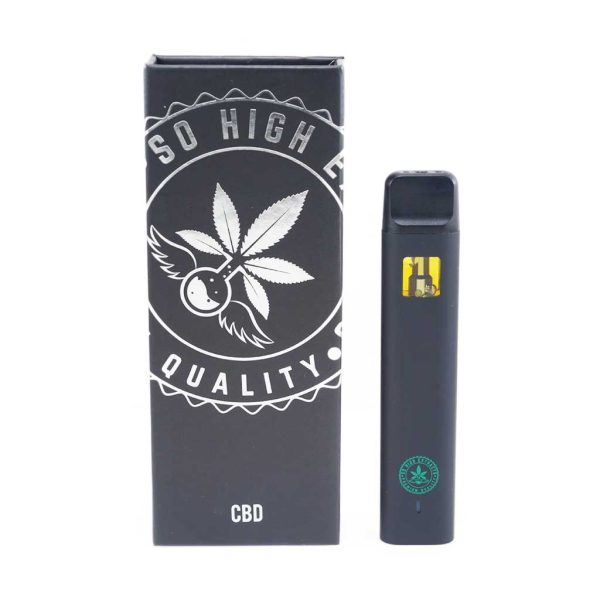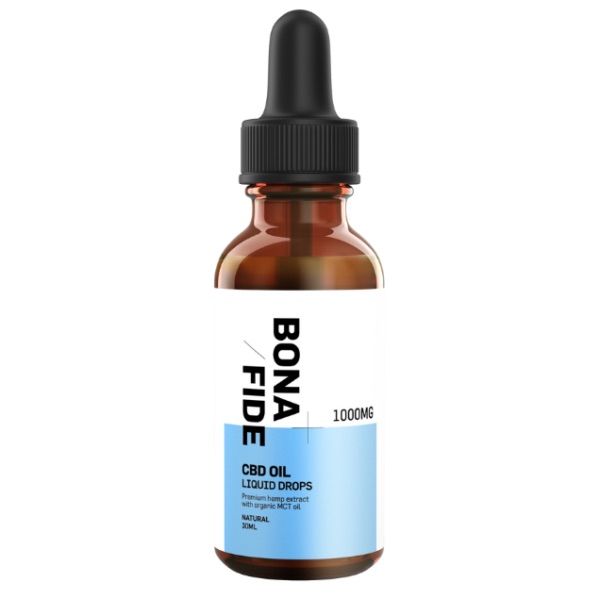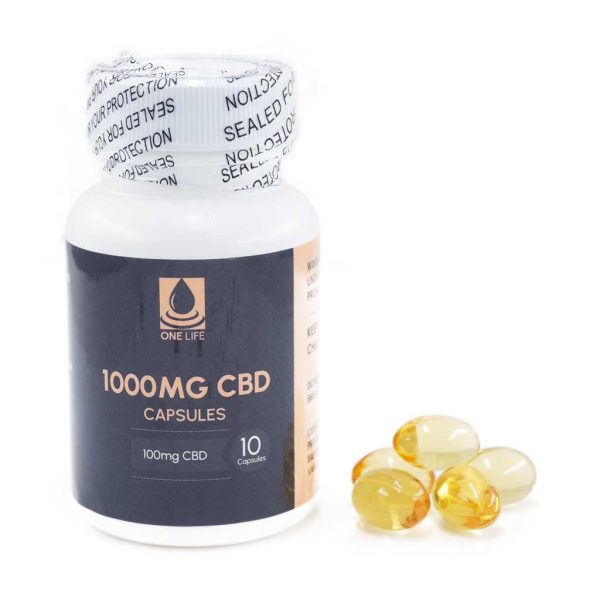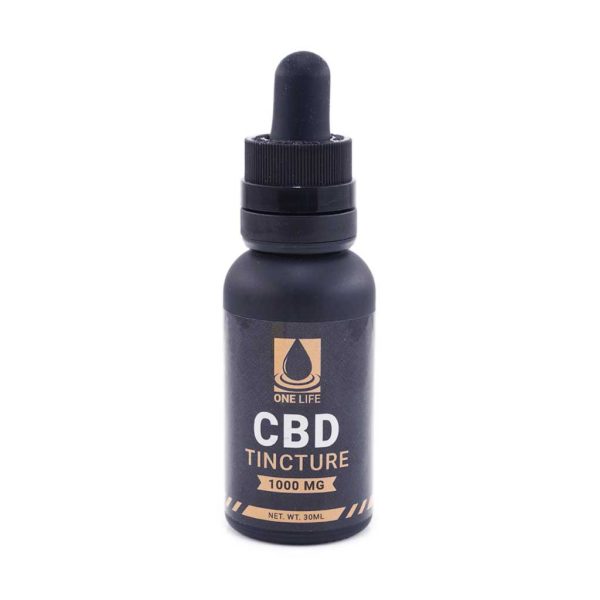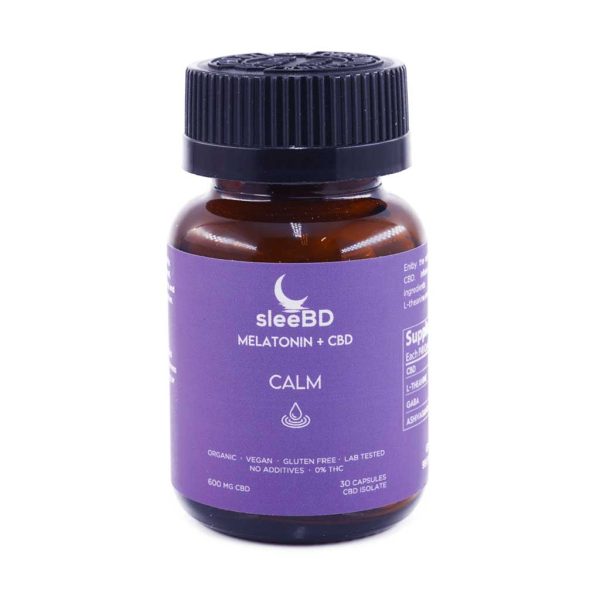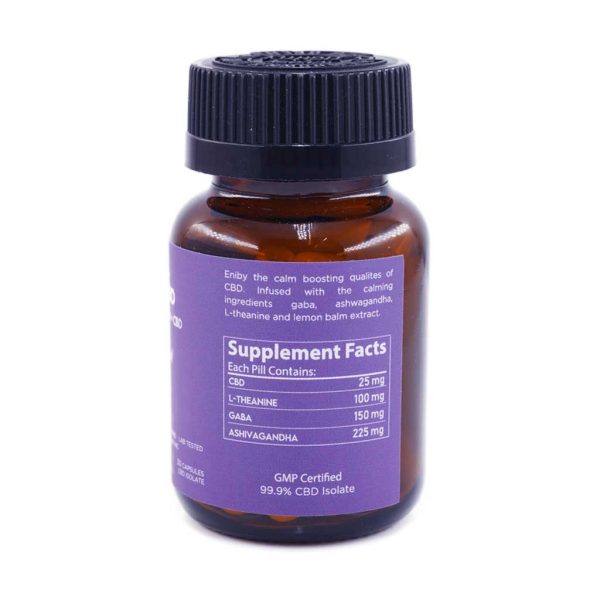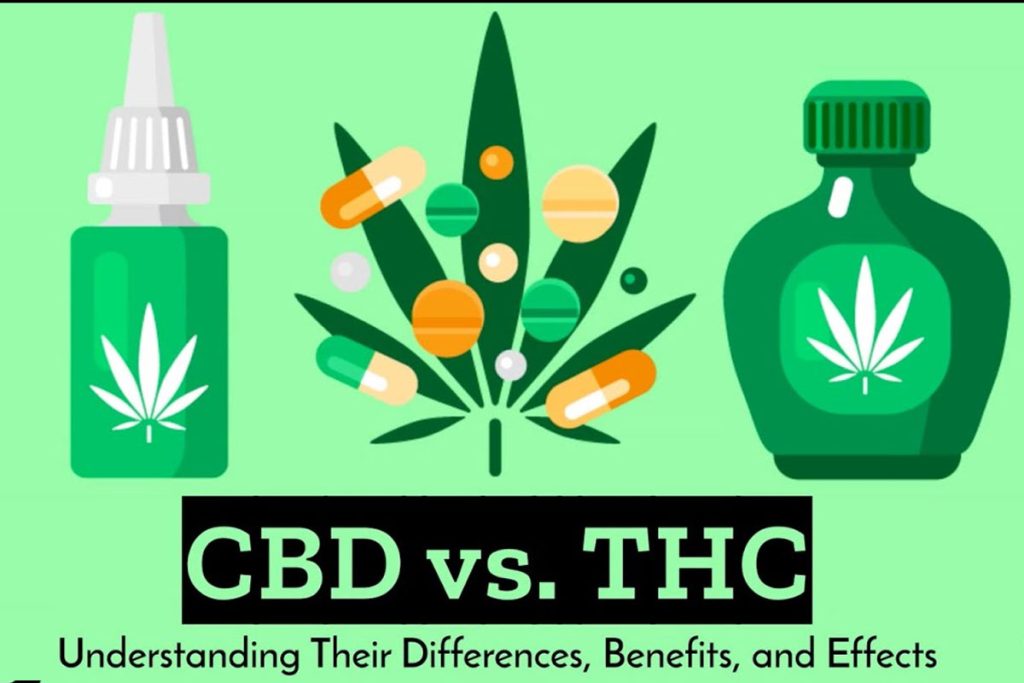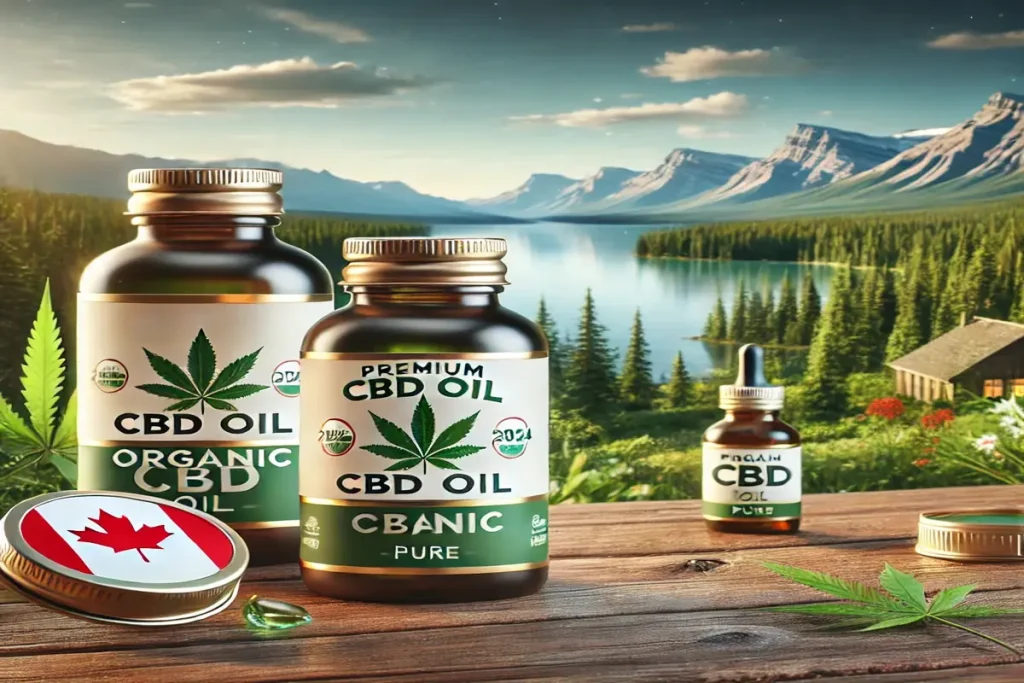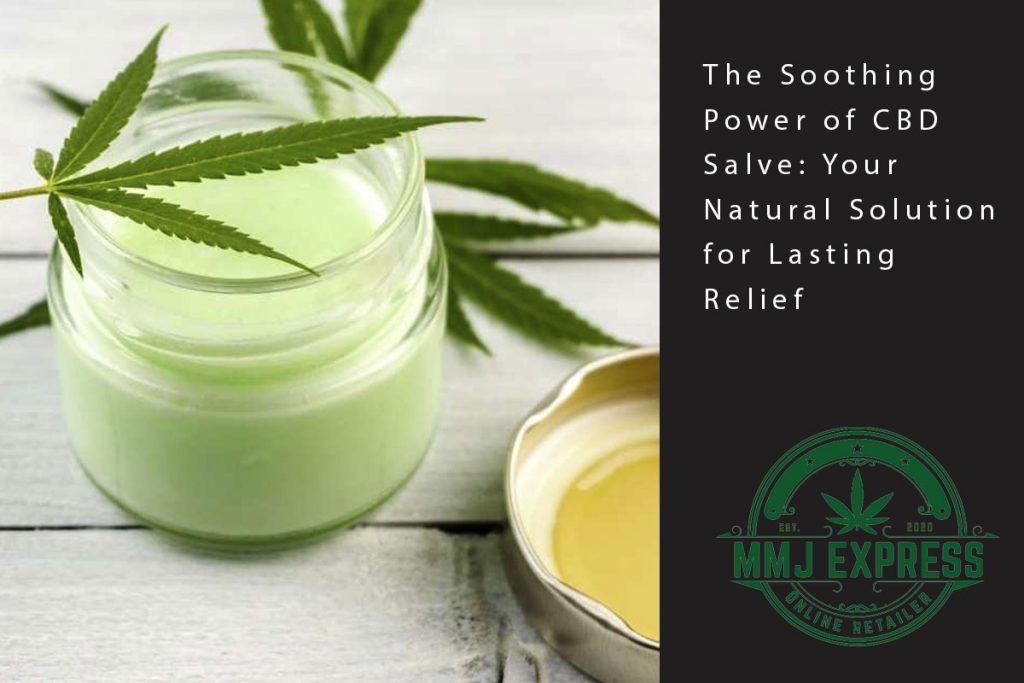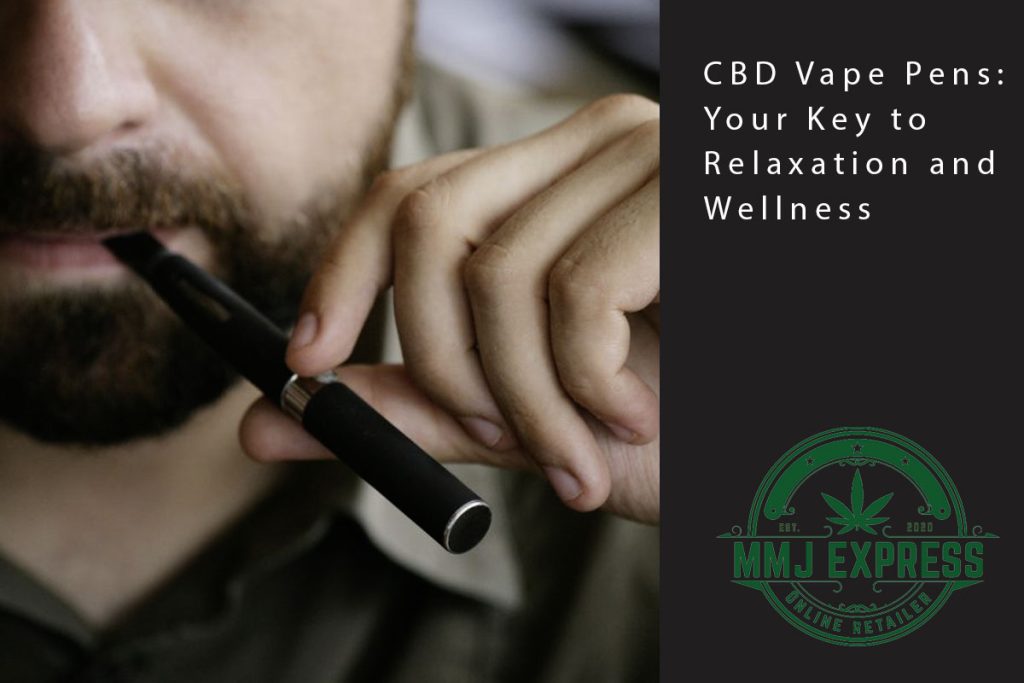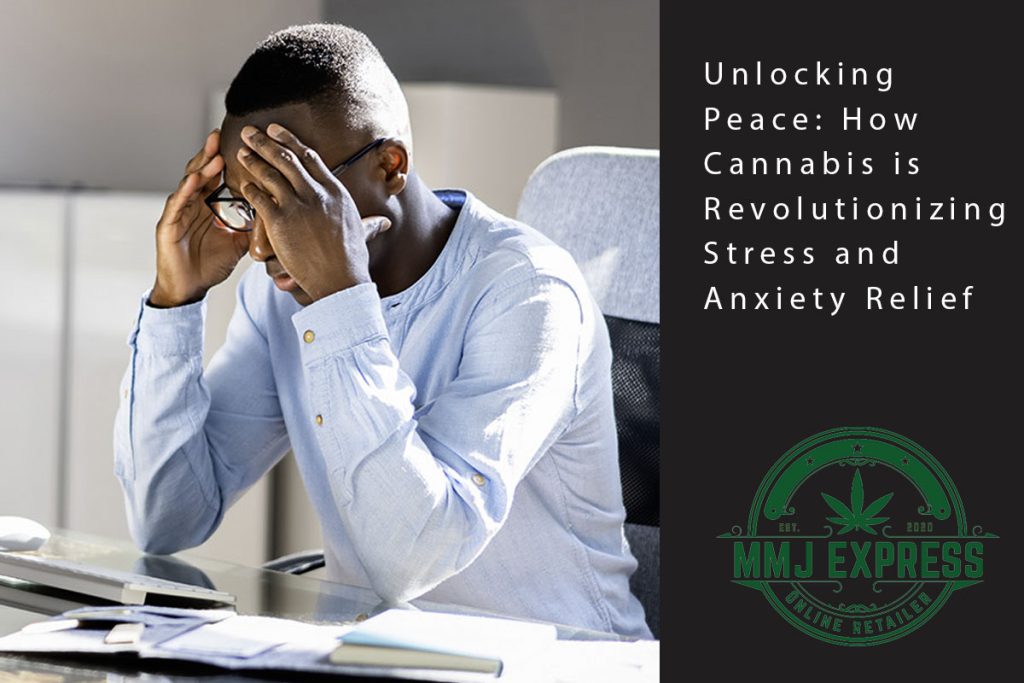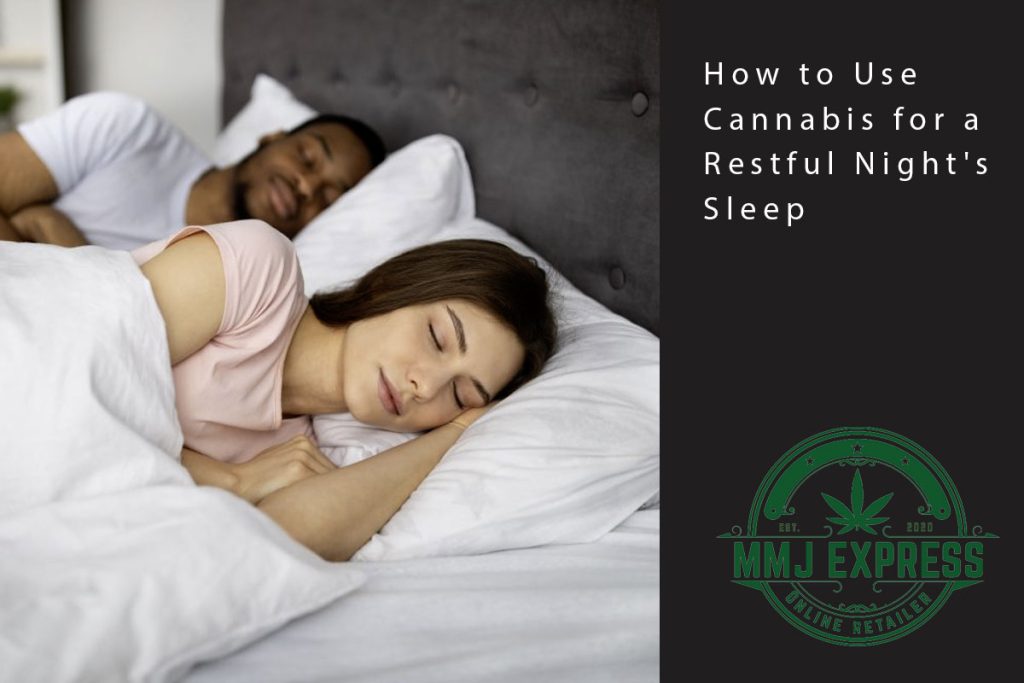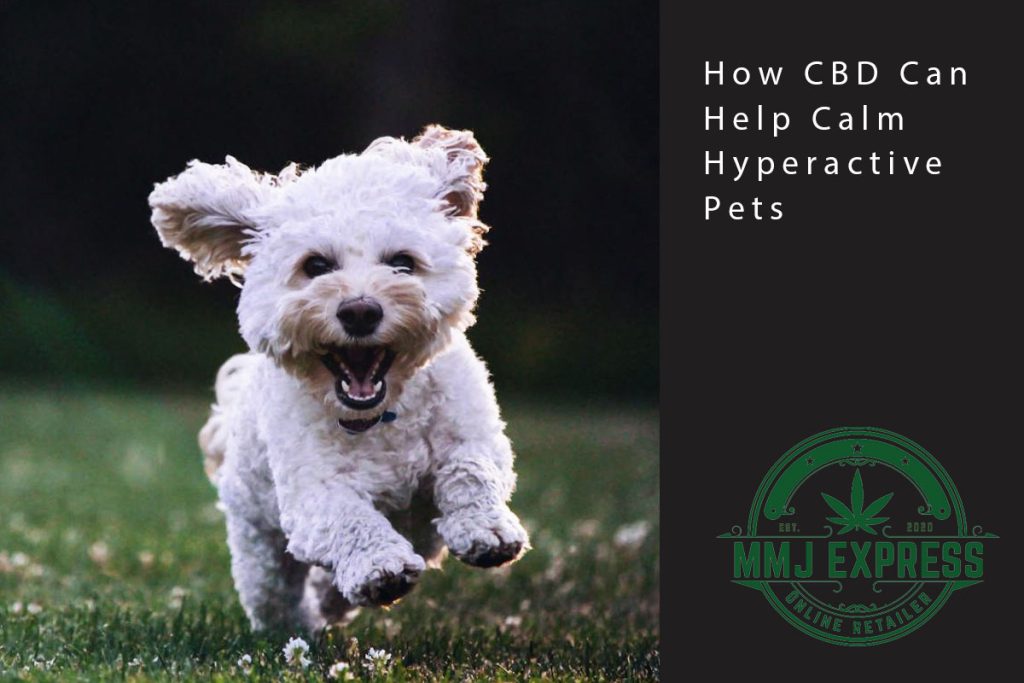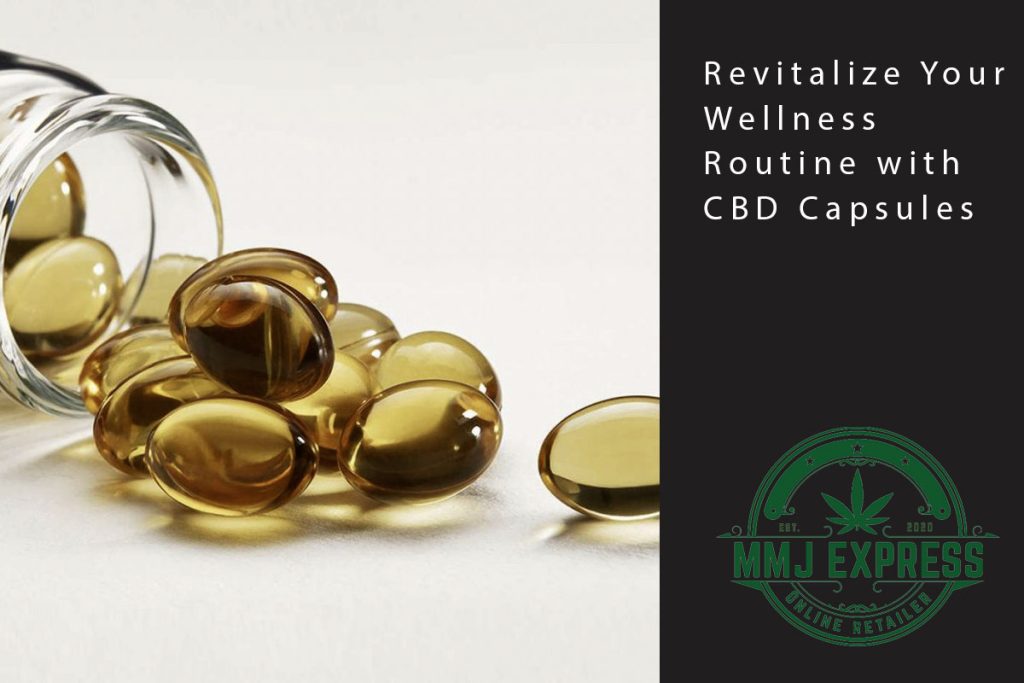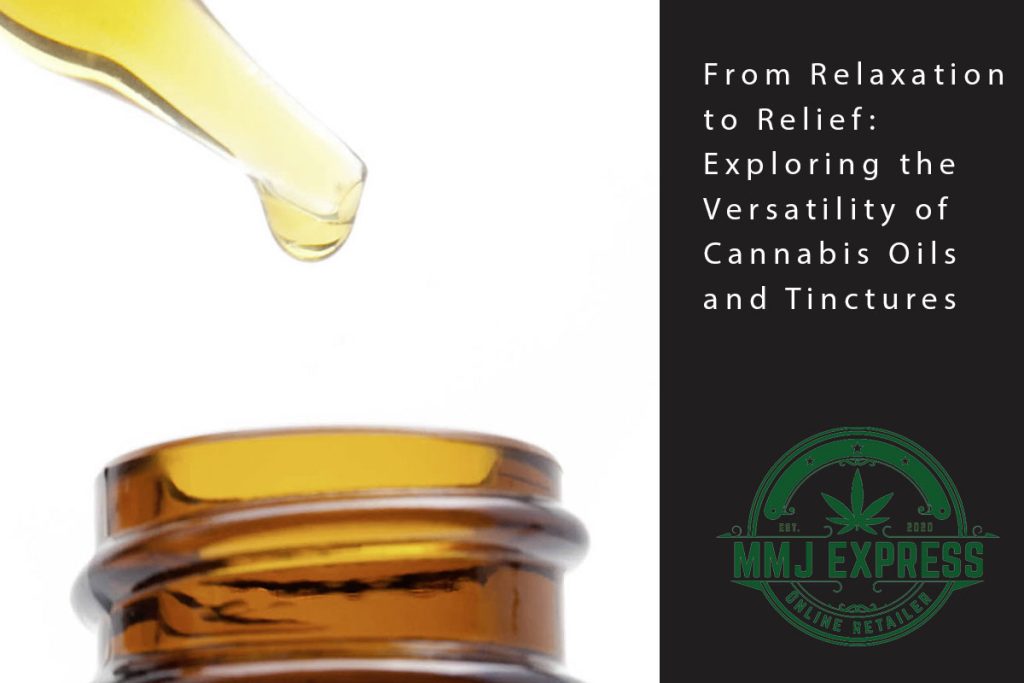CBD for Opioid Addiction: How It May Reduce Cravings and Anxiety
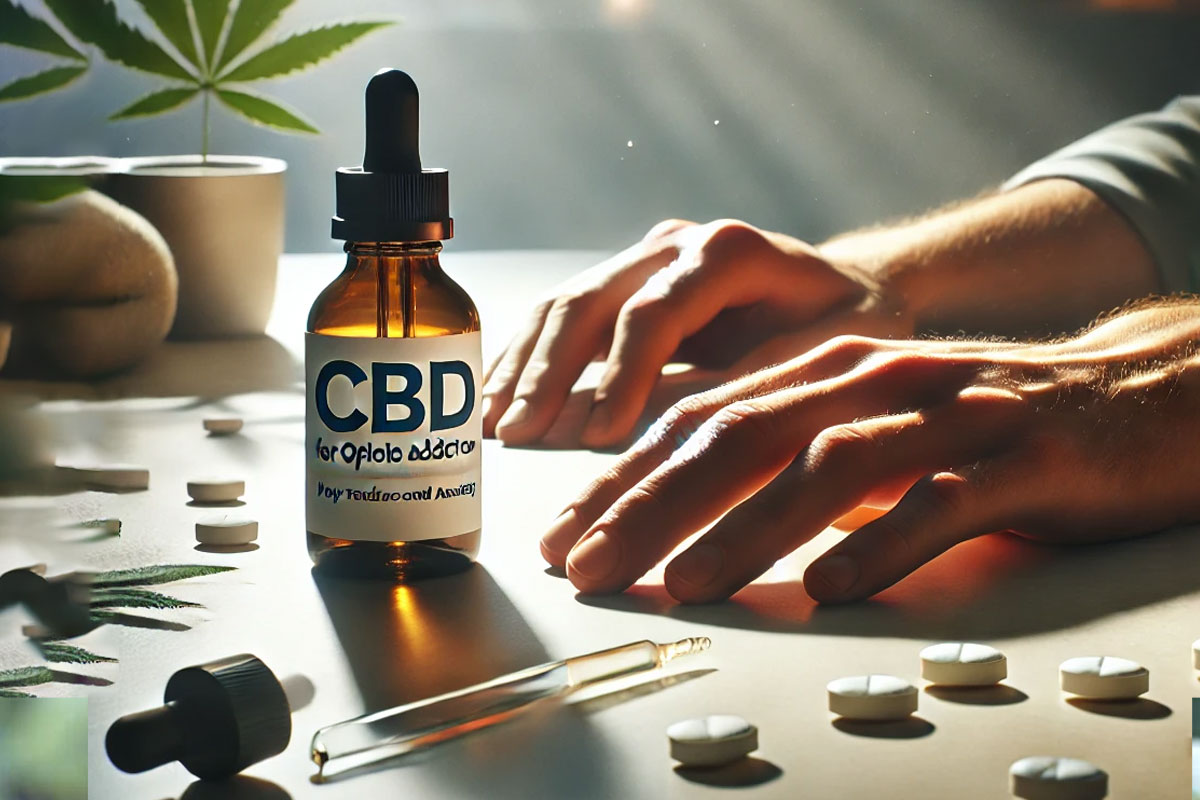
The opioid crisis continues to devastate communities worldwide, with opioid overdoses claiming more than 130 lives every day in the U.S. alone. Heroin use disorder and prescription opioid dependence remain among the most difficult addictions to overcome.
While medications like methadone and buprenorphine are widely used, relapse rates remain high—often triggered by stress, cravings, and anxiety. That’s why researchers are exploring new, non-addictive solutions to support recovery.
One promising option is CBD (cannabidiol). Recent studies suggest that CBD for opioid addiction may reduce cravings and anxiety, making it easier for patients to stay in recovery. In this article, we’ll explore the science behind CBD, its potential benefits, and what this could mean for the future of addiction treatment.
Why Opioid Addiction Is Extremely So Hard to Overcome
Opioids like heroin, oxycodone, and fentanyl create strong physical dependence and psychological cravings. Quitting is difficult because patients face:
- Severe withdrawal symptoms: nausea, sweating, chills, muscle pain, and insomnia
- Intense cravings triggered by cues: seeing syringes, familiar places, or videos of drug use
- High anxiety and stress: which can drive relapse even after detox
Even with treatment programs, relapse is common. This is where CBD for opioid addiction is showing promise—as a way to reduce relapse triggers.
The Science: How Affective is CBD for Opioid Addiction
CBD is a non-intoxicating compound found in cannabis. Unlike THC, it does not produce a high, making it safer for medical use.
CBD interacts with the endocannabinoid system (ECS), which helps regulate:
- Stress response
- Mood and anxiety
- Reward processing in the brain
- Sleep and appetite
By balancing these systems, CBD for opioid addictionmay blunt cue-induced cravings and reduce anxiety, giving recovering opioid users a better chance at long-term sobriety.
The Mount Sinai Study: CBD for Opioid Addiction
A landmark study published in the American Journal of Psychiatry investigated whether CBD could help patients recovering from heroin addiction.
- Participants: 42 individuals with heroin use disorder who were abstinent at the time of study
- Treatment: Some were given Epidiolex (an FDA-approved CBD medication), while others received a placebo
- Method: Participants were exposed to drug-related cues such as syringes, rubber ties, and videos of heroin use
- Measurements: Anxiety levels, cravings, heart rate, and cortisol (stress hormone) levels
Key Findings
- Participants who received CBD had significantly lower cravings and anxiety compared to the placebo group
- On average, cravings and anxiety were 75% lower for those who took high doses of CBD (800mg)
- Physiological signs of stress, such as heart rate and cortisol levels, also decreased in the CBD group
- CBD’s effects lasted up to one week after the last dose, suggesting long-term benefits
This study suggests that CBD could be a valuable tool in opioid addiction treatment.
Benefits of CBD for Opioid Addiction
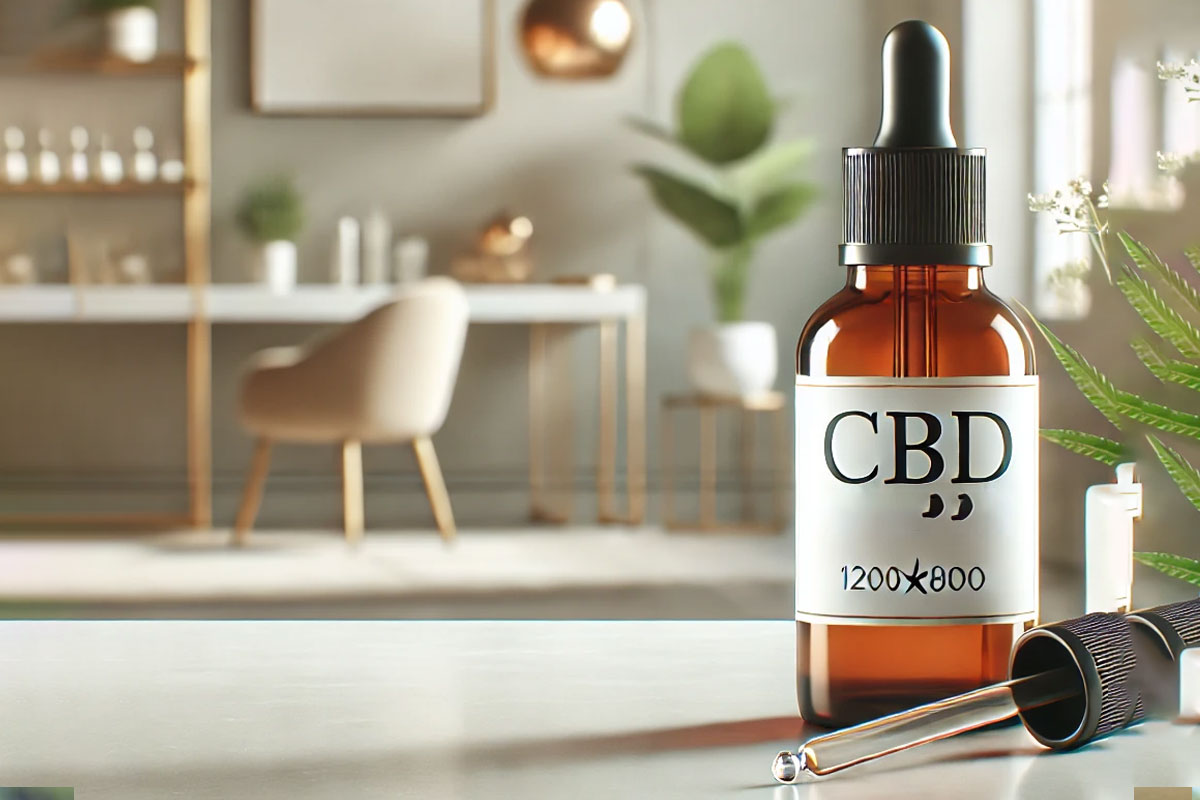
Based on current research, here are the top benefits of using CBD during recovery:
1. Reduces Cravings
CBD blunts the brain’s response to drug-related cues, helping prevent relapse when patients are exposed to triggers.
2. Lowers Anxiety and Stress
CBD is well-documented for its calming properties, making it ideal for patients with heightened anxiety during recovery.
3. Non-Addictive Alternative
Unlike opioids, CBD is non-habit-forming, offering relief without risk of abuse.
4. Improves Sleep and Mood
CBD may promote better rest and reduce depressive symptoms, both common struggles for patients in recovery.
5. Supports Long-Term Recovery
Since CBD’s effects last beyond the immediate dose, it may help patients manage cravings for days after treatment.
Limitations of Current Research
While results are promising, CBD for opioid addiction still requires more research. Limitations include:
- Small sample sizes in clinical trials
- Self-reported cravings and anxiety, though backed by biological data
- Potential THC use among participants, which could influence results
Still, experts believe CBD has enough potential to justify larger-scale clinical trials.
Cannabis and the Opioid Crisis: What Other Studies Show
Beyond CBD, researchers have looked at cannabis more broadly in relation to opioid use. Findings include:
- Opioid Overdose Deaths: Early studies found that states with legal cannabis had 25% fewer opioid overdose deaths. Later research was mixed, but the correlation sparked debate.
- Cannabis as an Opioid Alternative: Surveys show 81% of patients prefer cannabis to opioids for pain relief. Cannabis can act as an opioid-sparing therapy, reducing the amount of opioids needed.
- Cannabis During Withdrawal: Marijuana may ease withdrawal symptoms like insomnia, nausea, and restlessness, making detox easier.
While cannabis is not a cure-all, the evidence suggests it could play an important role in reducing opioid dependence.
How to Use CBD for Opioid Addiction Recovery
For patients considering CBD as part of recovery, here are common methods:
- CBD Oils or Tinctures: Fast absorption and easy dose control
- CBD Capsules: Discreet and consistent dosing
- CBD Edibles: Longer-lasting effects, ideal for all-day symptom relief
- CBD Vapes: Fast-acting, though less common in medical contexts
⚠️ Important: CBD should be used as a complement to professional treatment, not a standalone cure. Always consult with a doctor before starting CBD.
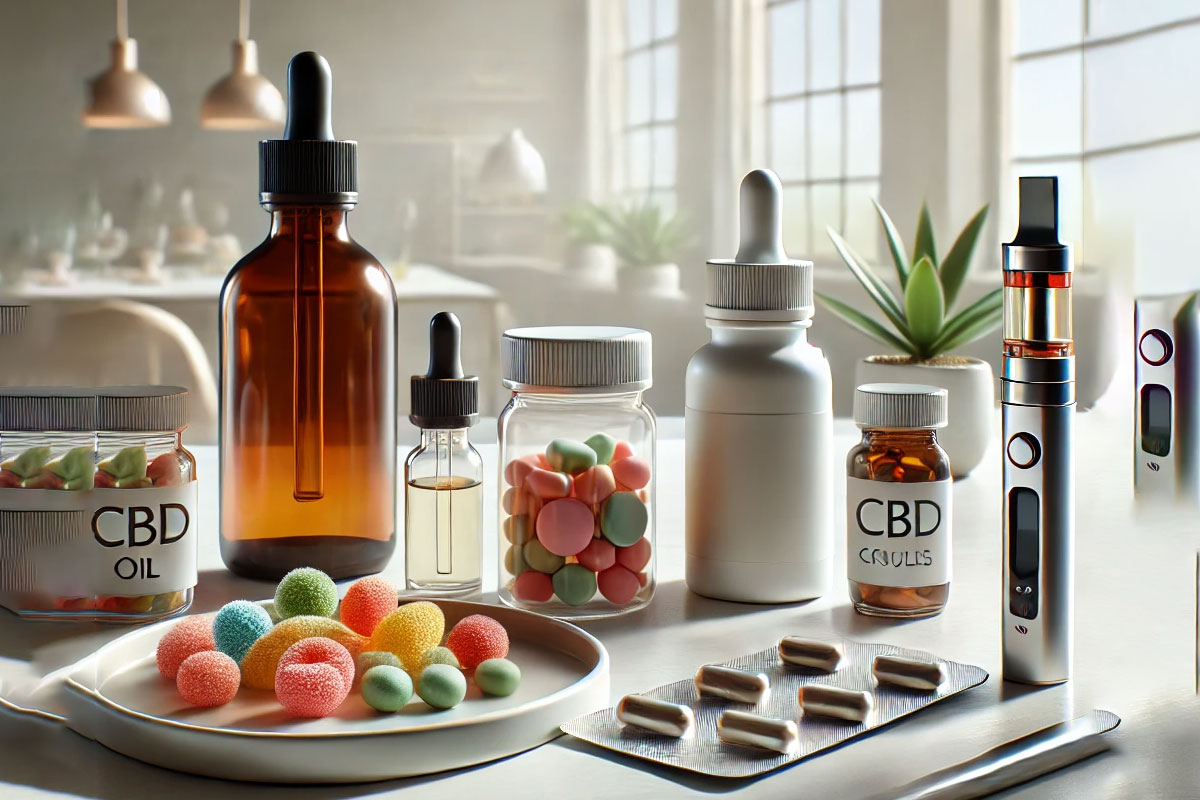
Practical Tips for Using CBD in Recovery
- Start Low, Go Slow – Begin with small doses (10–25mg) and increase gradually.
- Use Consistently – Daily use may help stabilize mood and reduce cravings long-term.
- Combine with Therapy – Best results come when CBD is paired with counseling or support programs.
- Choose Lab-Tested Products – Only use CBD products verified for purity and potency.
- Track Symptoms – Keep a journal of cravings, anxiety, and mood changes.
The Future of CBD for Opioid Addiction Treatment
As research grows, CBD may become part of standard care for opioid addiction. Potential future applications include:
- CBD-assisted rehab programs
- Prescription CBD medications for addiction treatment
- Integration with harm reduction strategies like methadone or buprenorphine
Given CBD’s safety profile and lack of abuse potential, it could provide a game-changing tool in fighting the opioid epidemic.
Final Thoughts
The evidence so far is clear: CBD for opioid addiction shows real promise in reducing cravings and anxiety. The Mount Sinai study, along with other research, highlights CBD as a non-addictive, supportive option for patients in recovery.
While more clinical trials are needed, CBD could soon play an important role in helping individuals overcome opioid dependence and reduce relapse rates.
For patients, families, and healthcare providers searching for solutions, CBD may represent a new path to hope in the fight against the opioid crisis.

